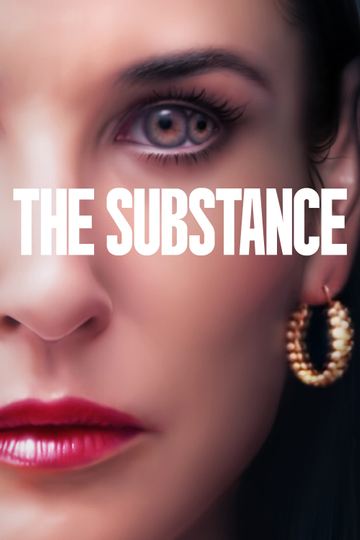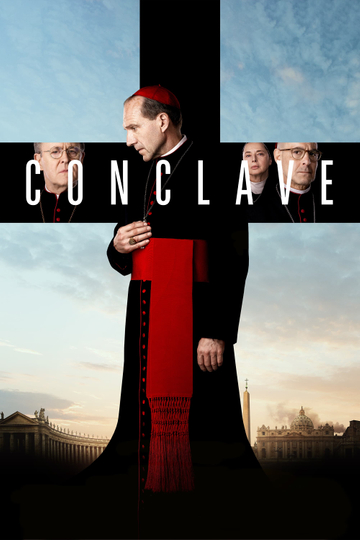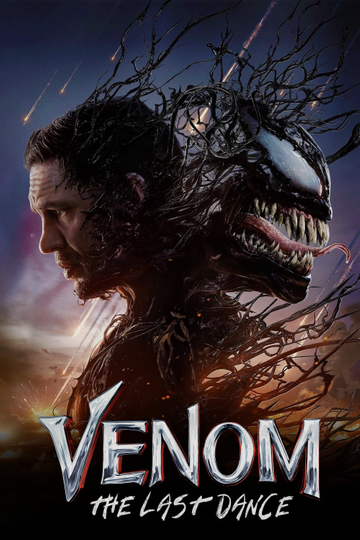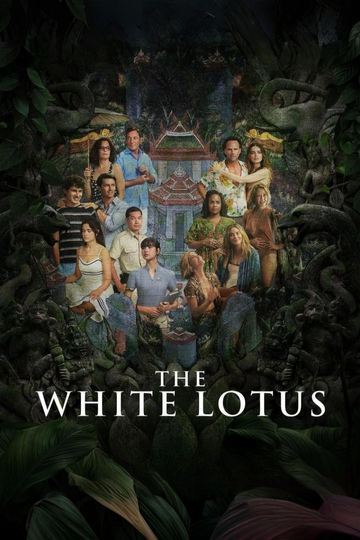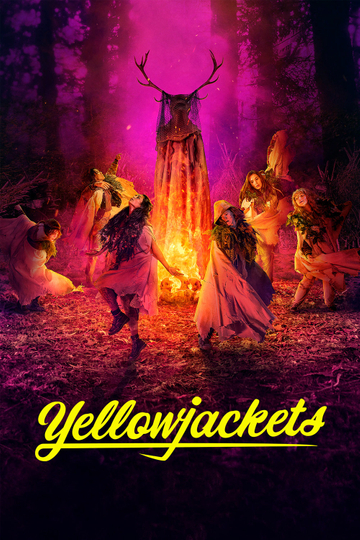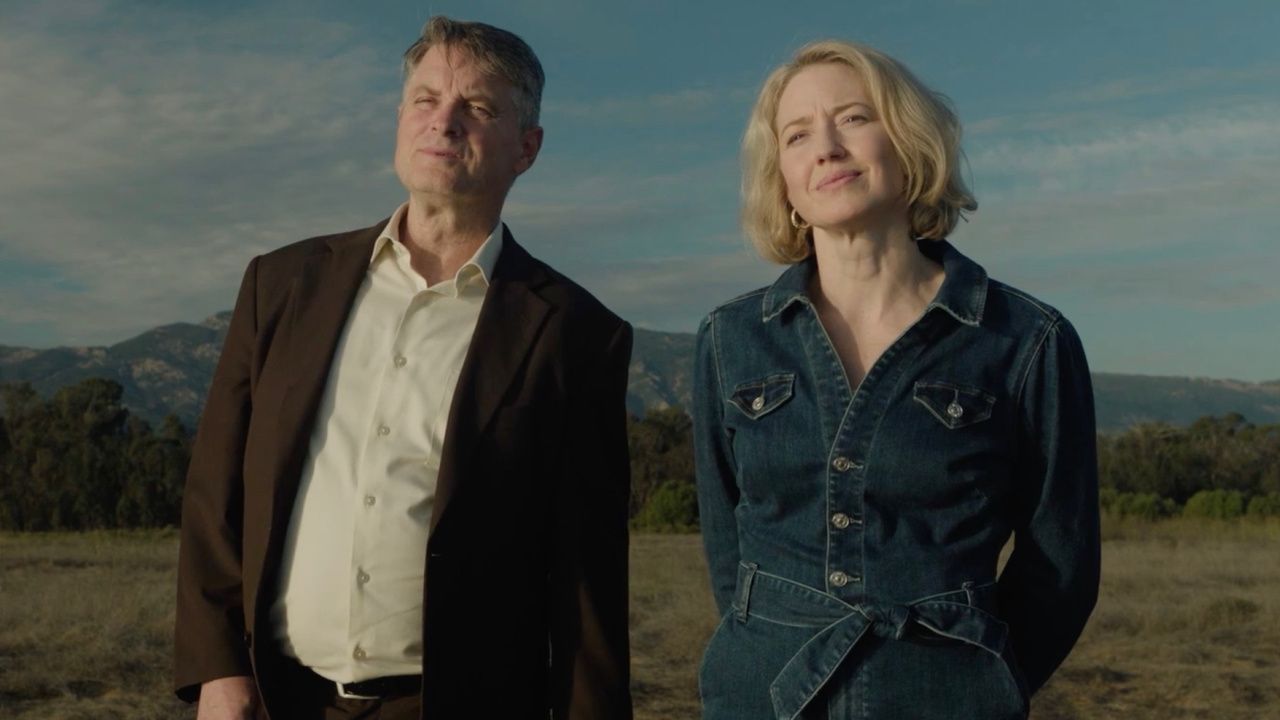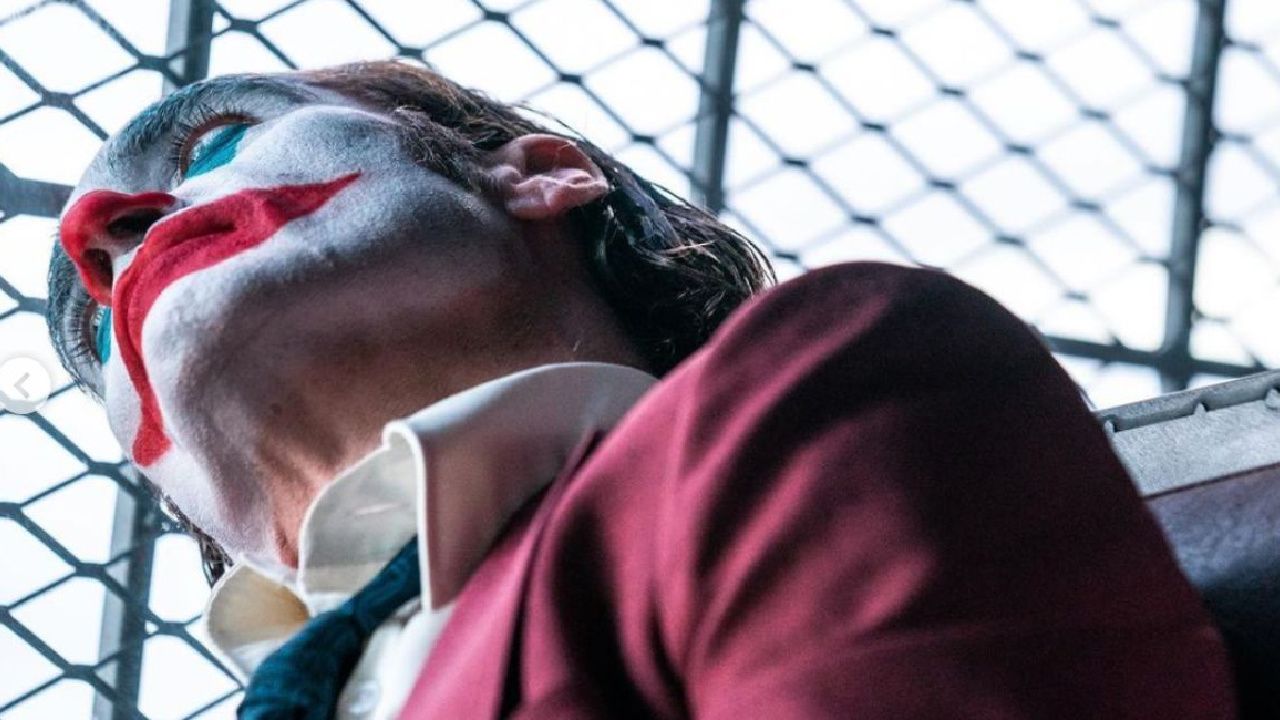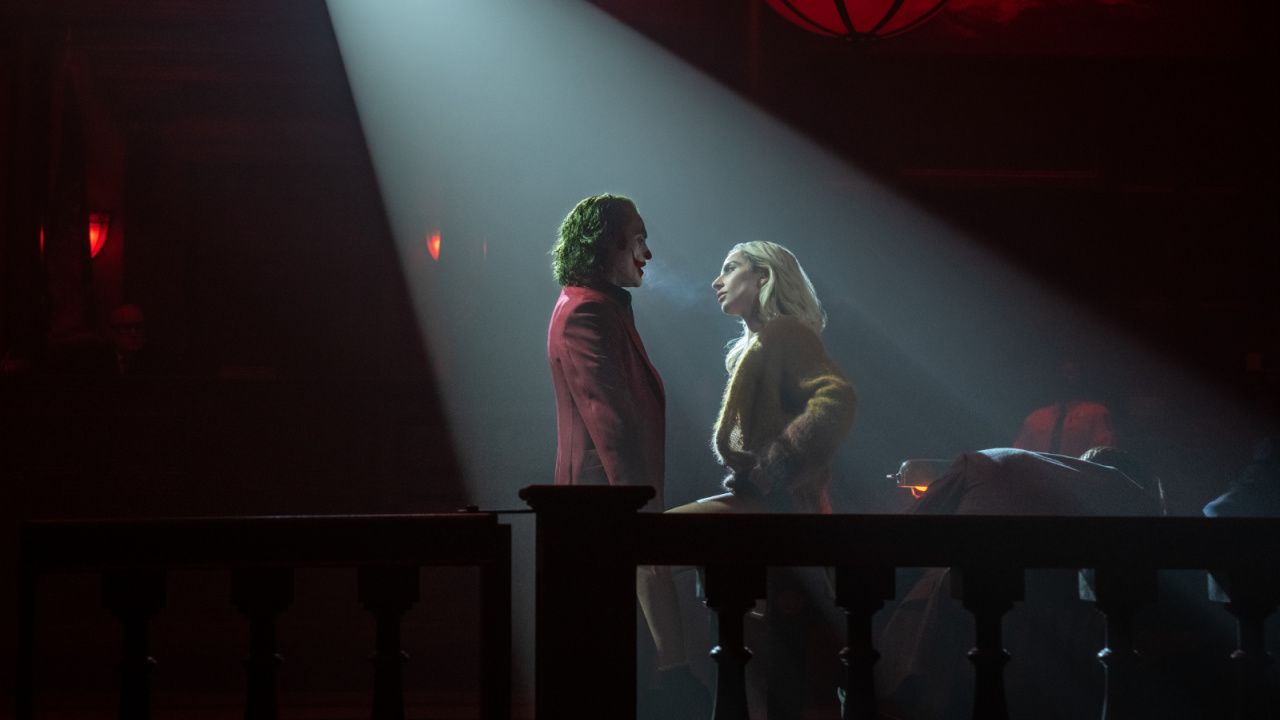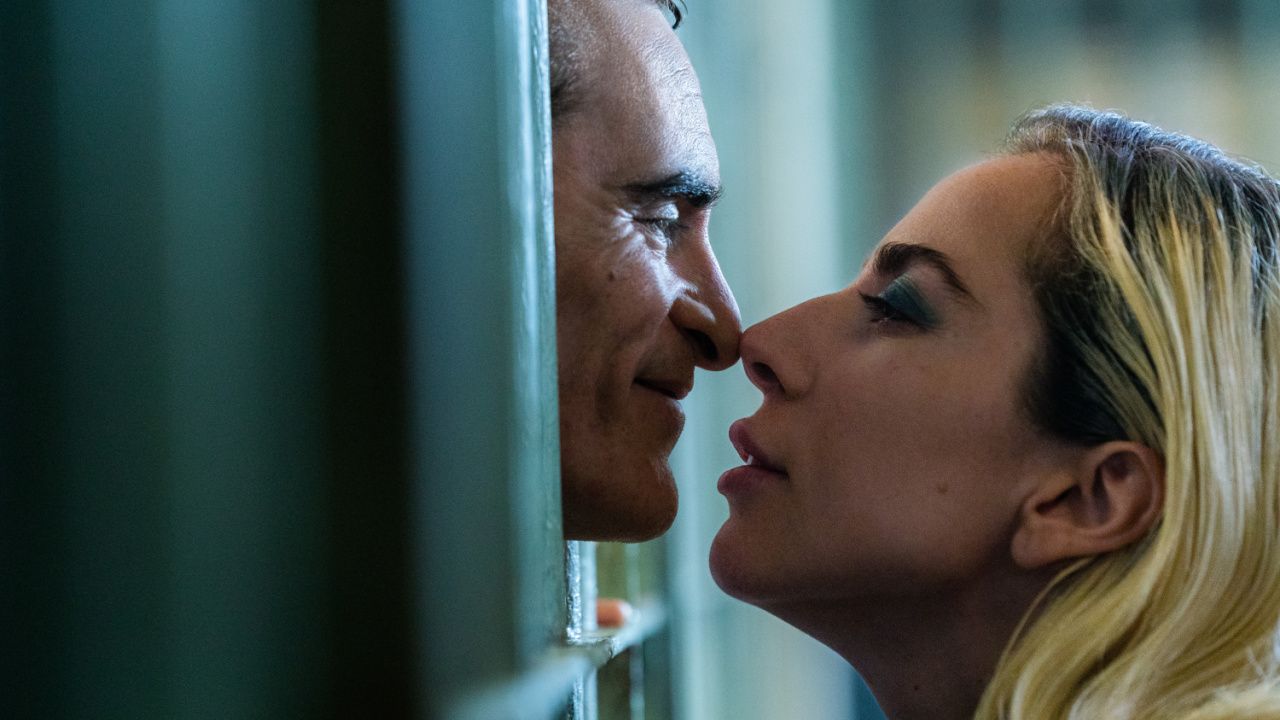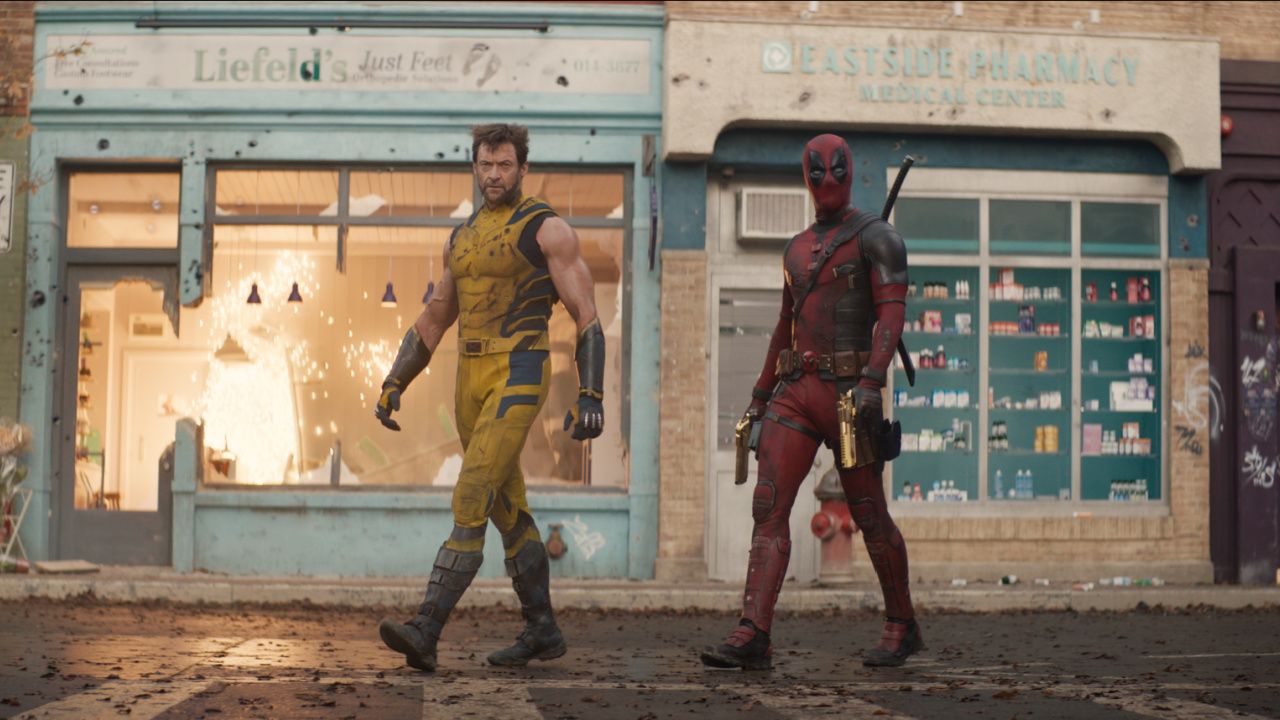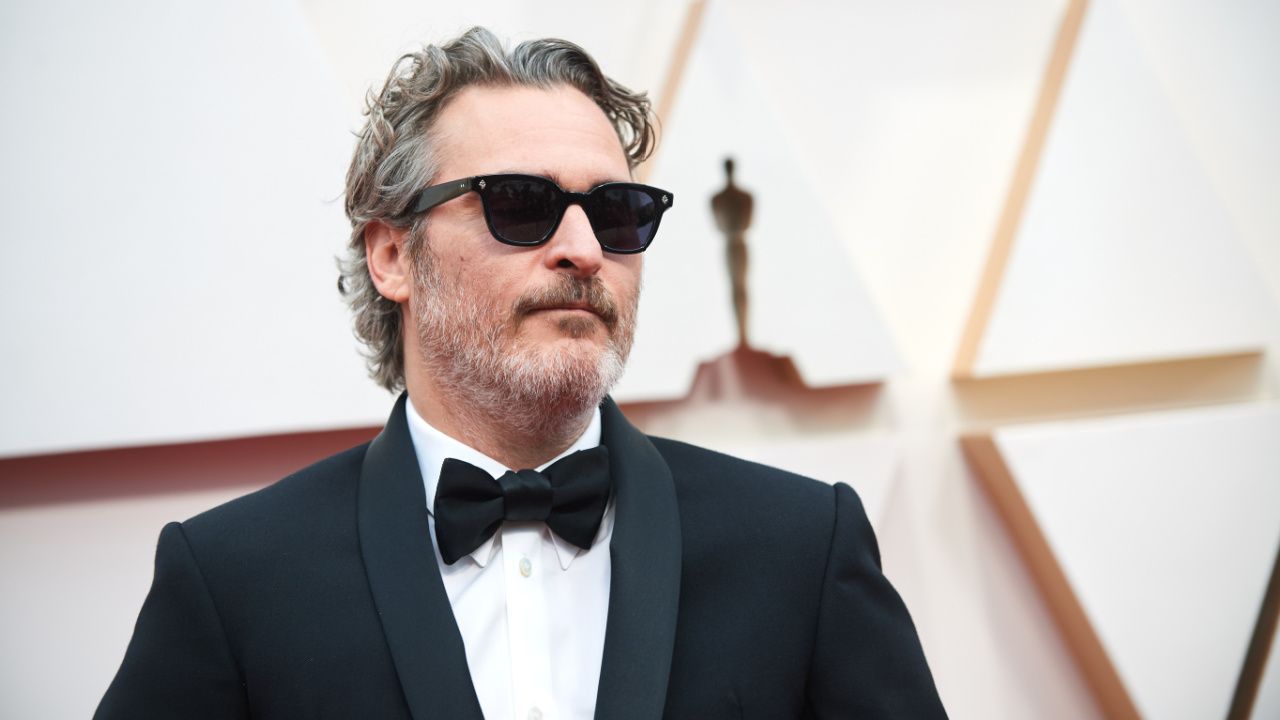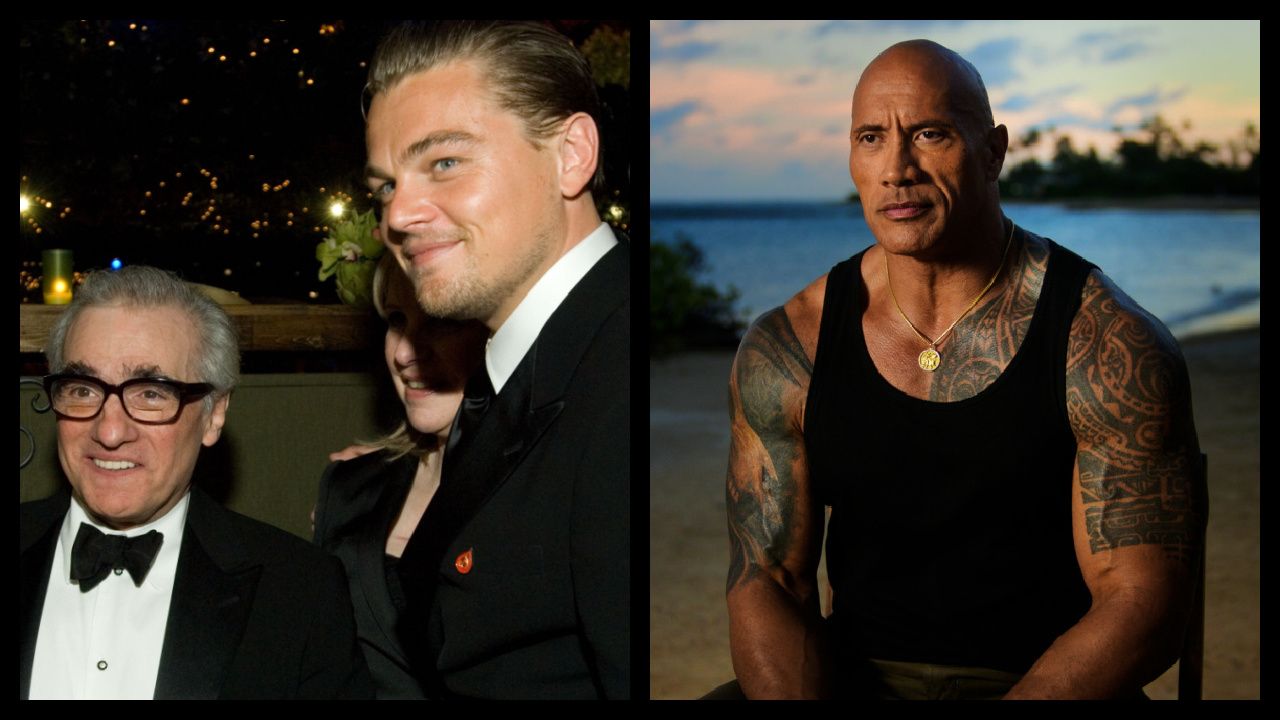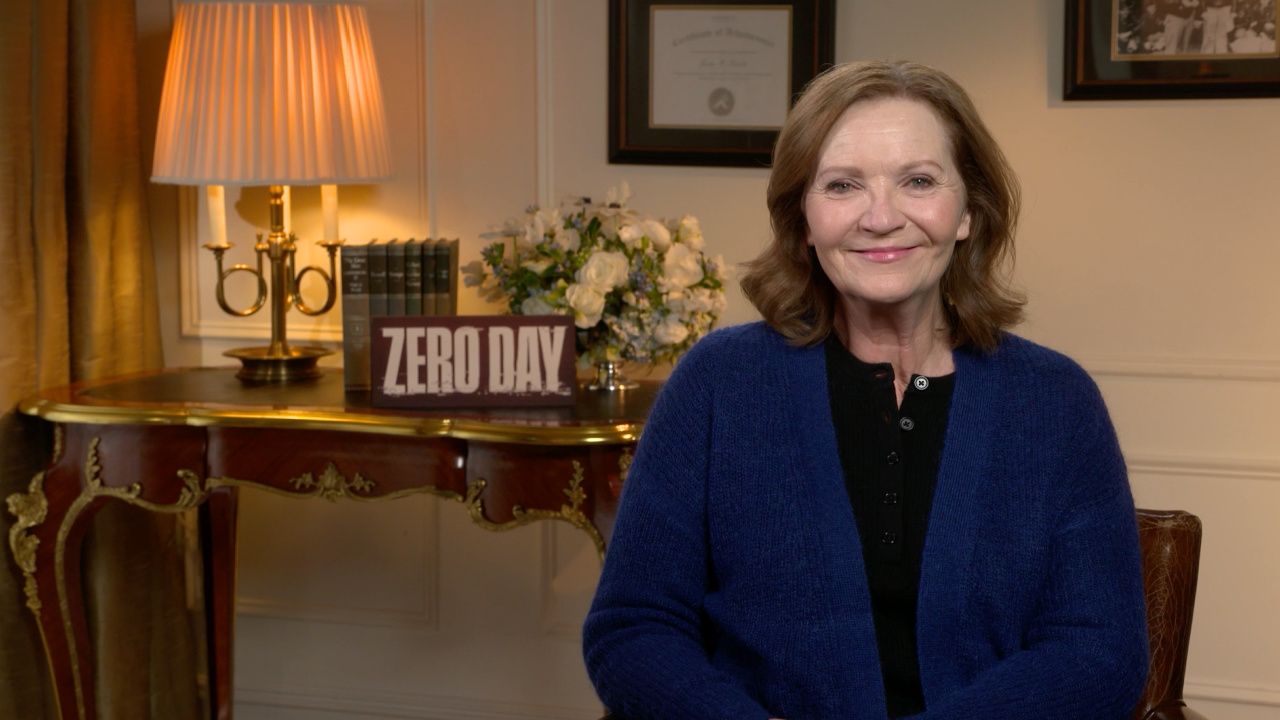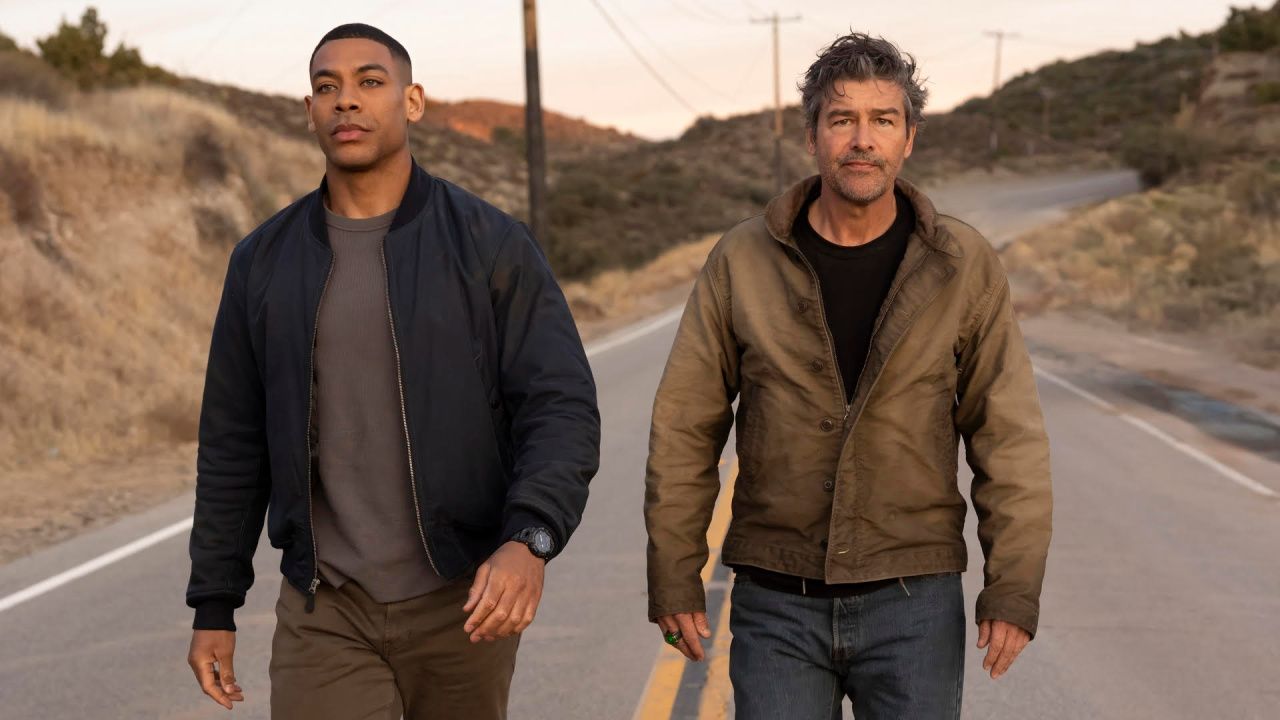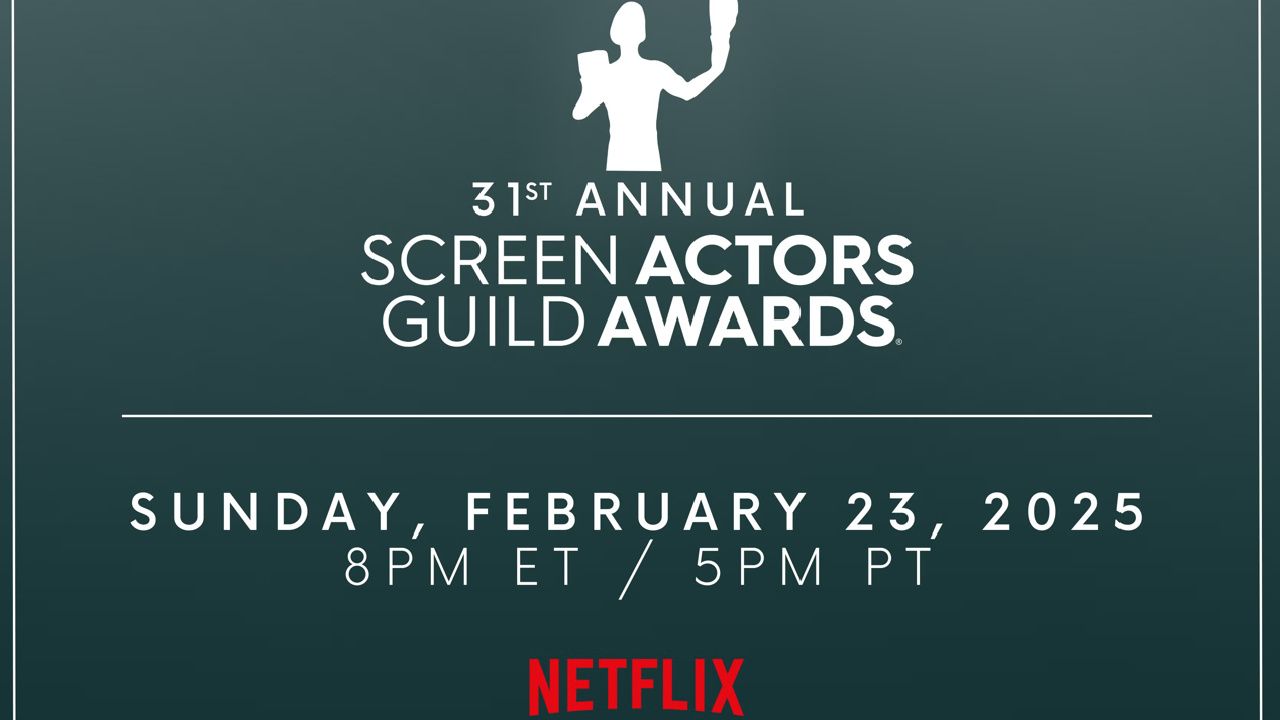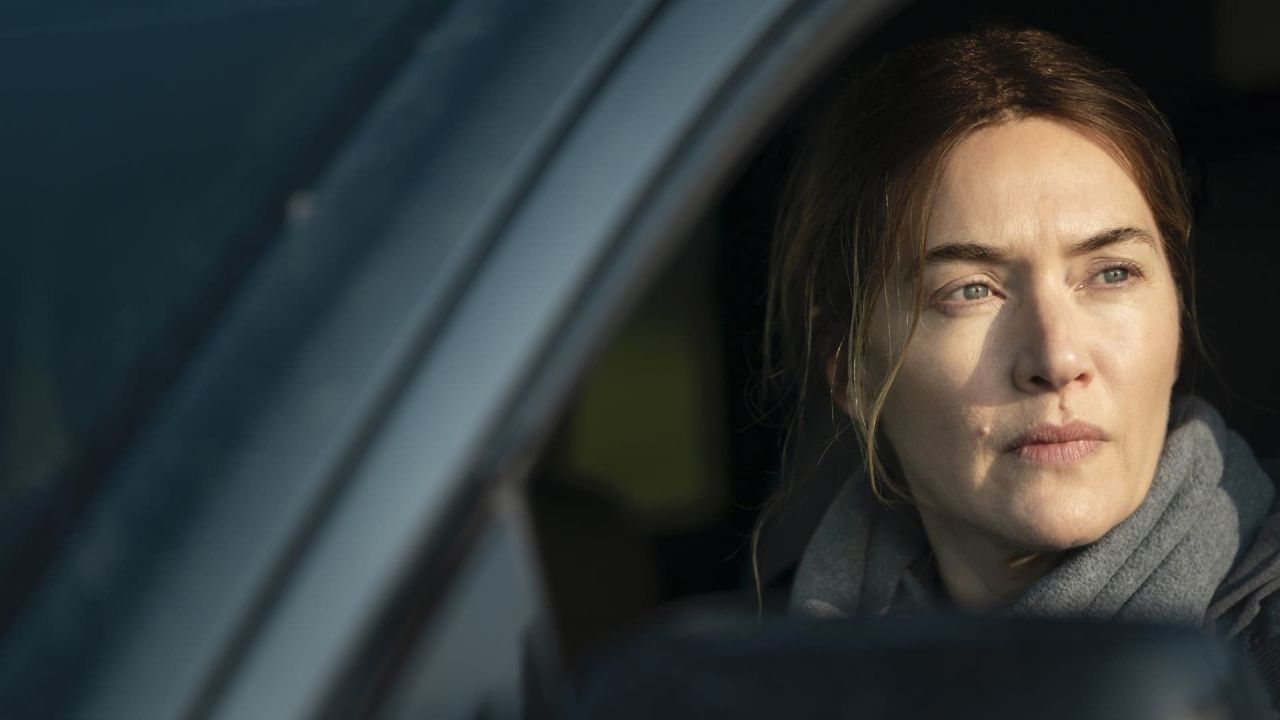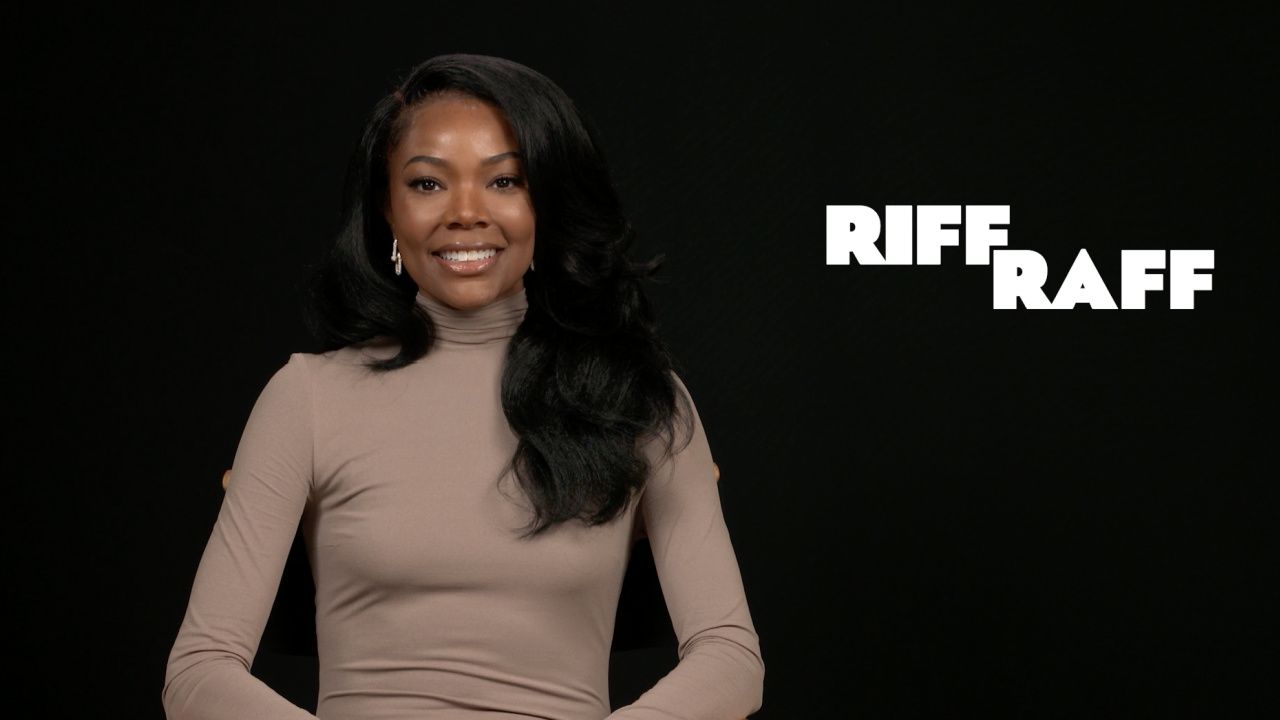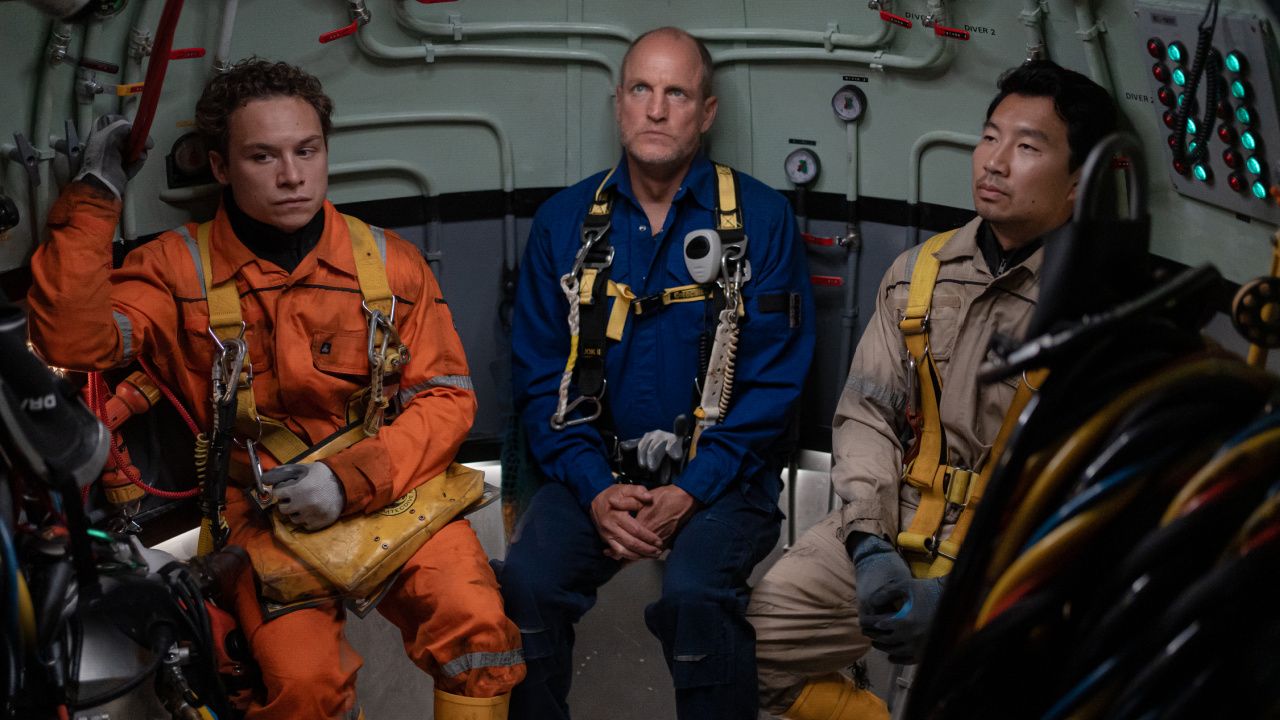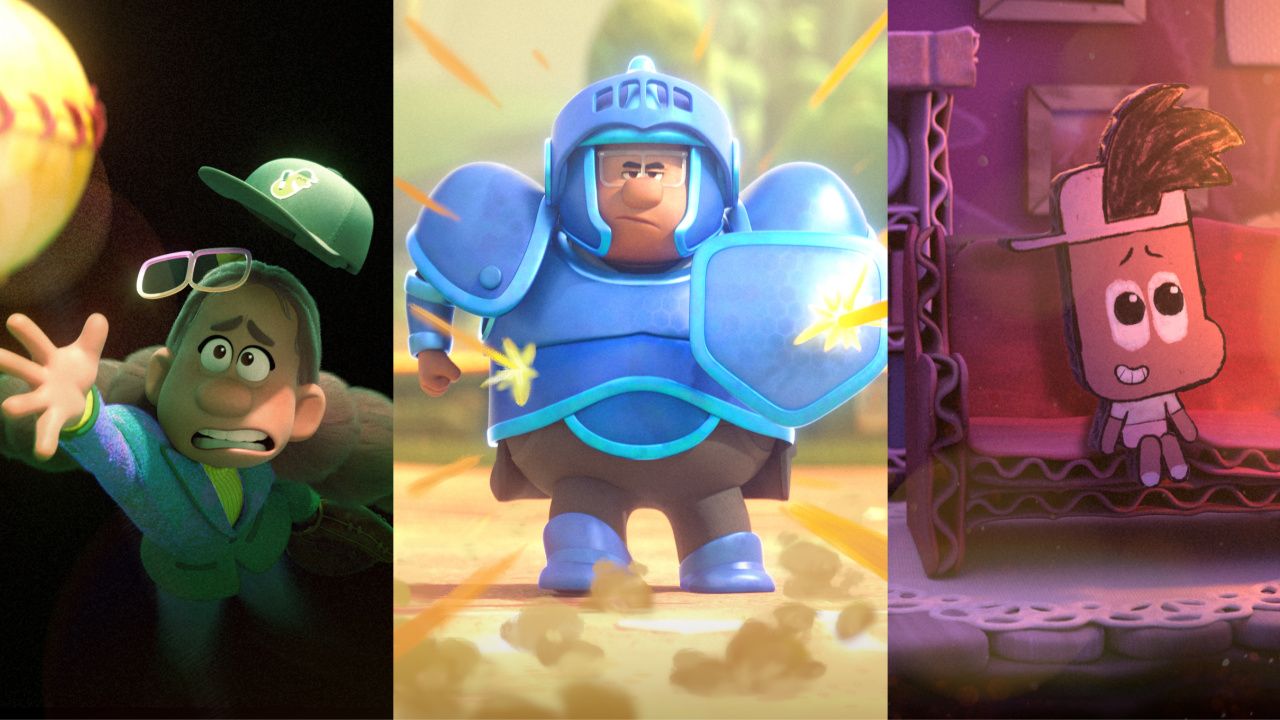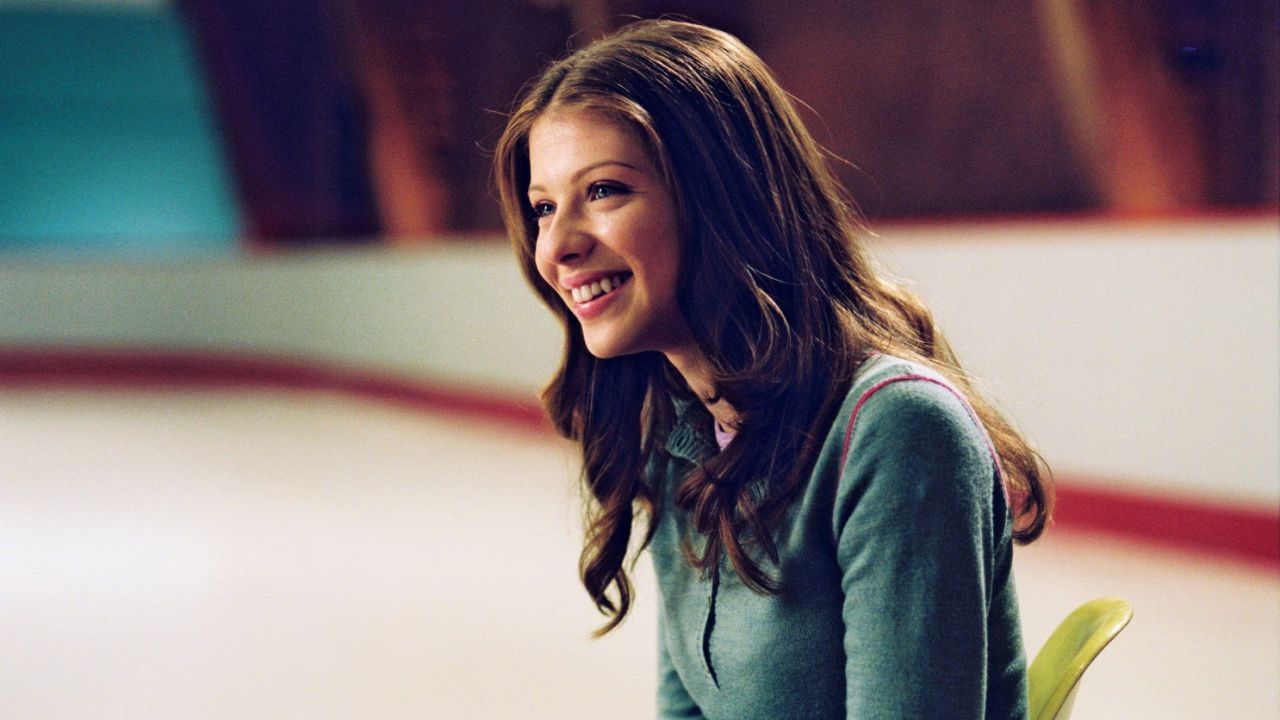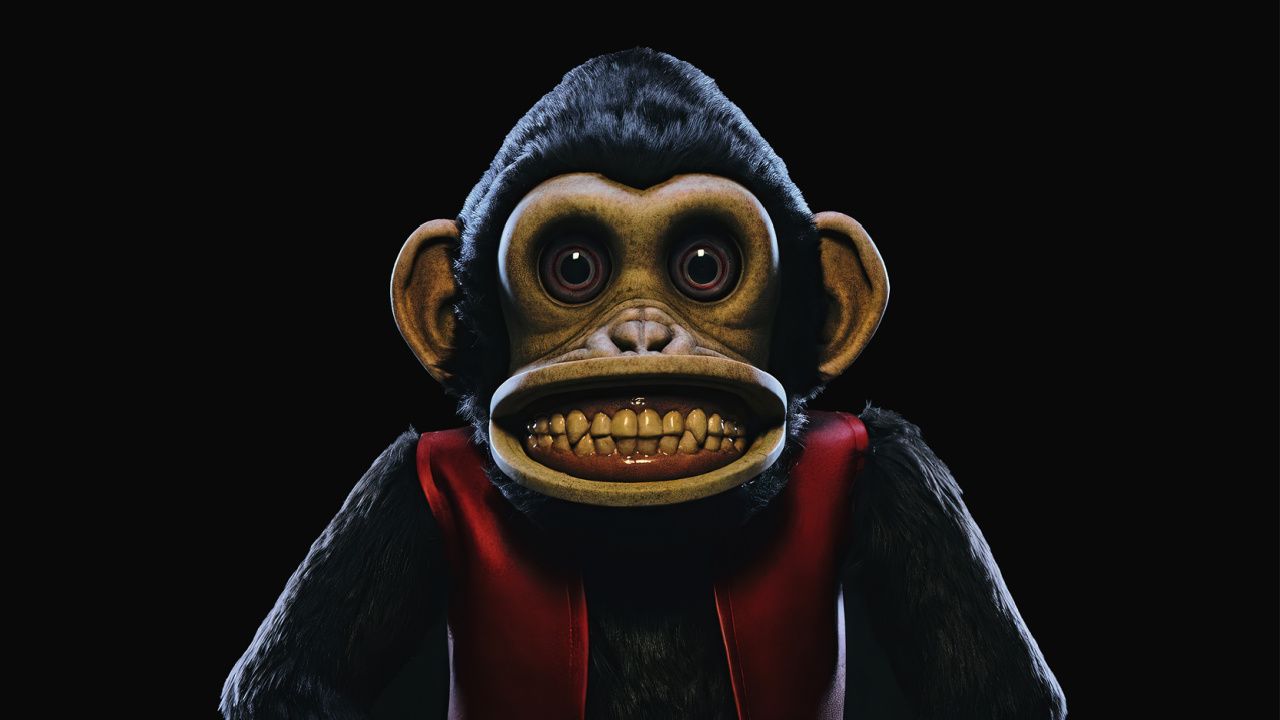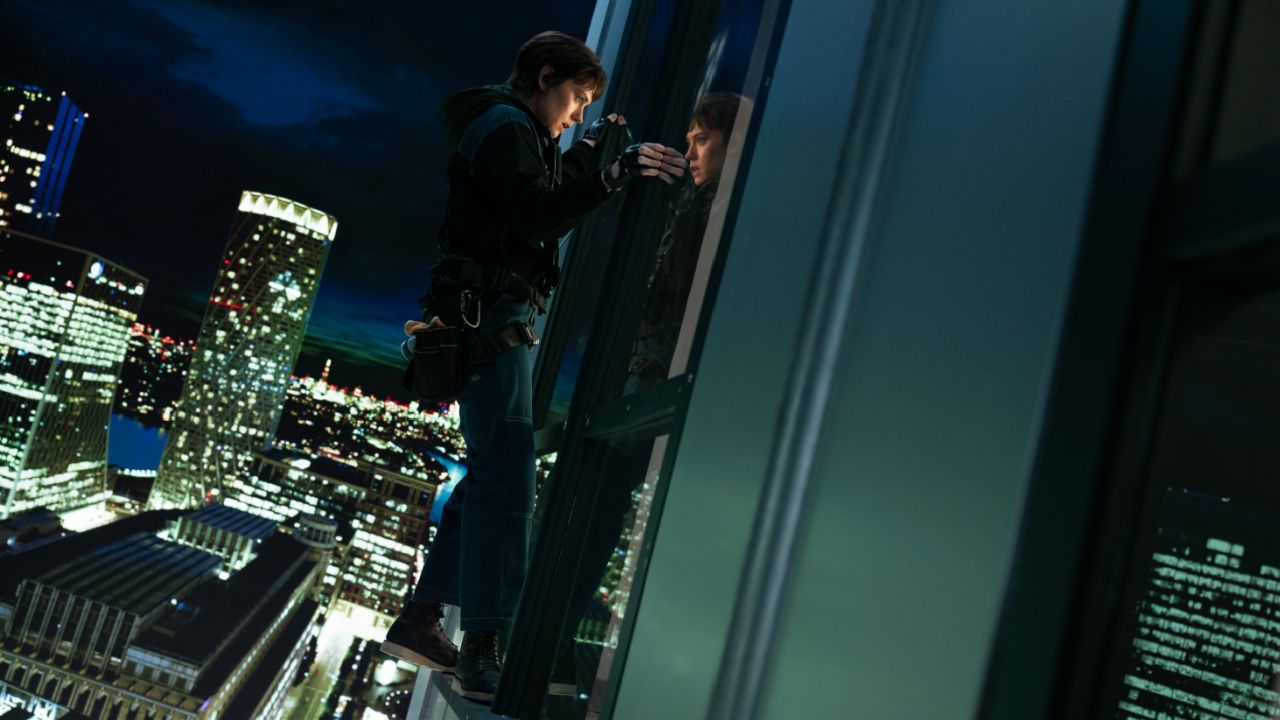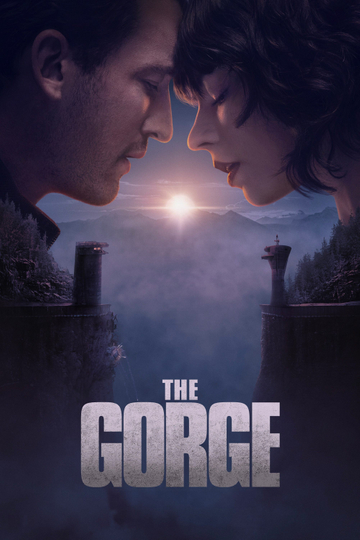Does 'The Dark Knight' Still Hold Up In a Marvel Cinematic Universe World?
"You've changed things. Forever."
What the Joker said to Batman in regards to the vigilante normalizing "pancaking cars" on the nightly news for Gotham City also applies to the movie he said it in. "The Dark Knight" is one of two big culprits from 2008 that we can blame for our current multiplex landscape being flooded with one comic book movie after another.
For the last decade, superhero films have become big business, turning the dreams of Comic-Con Hall H attendees into cash-minting realities. Some blockbusters have been must-see (2012's "The Avengers"), some have been wish-we-never-saw (2017's "Justice League.") All, however, point to Hollywood's decade-old feeding frenzy on any IP that can chase "The Dark Knight's" tail and, hopefully, recreate its critical and box office (mostly box office) success. But Christopher Nolan's seminal film wasn't alone in lighting the fuse on this explosion of bringing comics to the big screen. The other culprit we mentioned? Marvel's "Iron Man."
Opening May 2008 -- two months before "TDK" -- "Iron Man" turned a B-lister on Marvel's hero roster into, well, IRON MAN. You can't think of the Avenger without also thinking of the actor who played him, Robert Downey, Jr. And you'd be hard-pressed to find a character and performance that fully formed so early on, right out of the gate.
"Iron Man" was a hit that paved the way for the great experiment that was/is the Marvel Cinematic Universe. The MCU is a household name -- many of its films are staring at me from my DVD shelf as I write this on my couch. The adventures of Captain America, Thor, a sentient tree with a limited vocabulary, and, yes, even a gun-toting, talking space raccoon have further evolved the landscape, forcing Hollywood to bend to both its will and ways of franchising by way of shared universe.
"The Dark Knight," on its tenth anniversary, stands out in sharp contrast to Marvel's way of doing things. It is, by design, a standalone entry that functions within a larger tapestry beholden to the whims of one man: Nolan.
As much as Warner Bros. tried to steer their slate of DC films toward a more Marvel-way of doing things in the early days -- starting with a Wayne Enterprises logo appearing on a satellite in "Man of Steel" -- they had to first contend with Nolan wrapping up his Batman arc the way he intended. That meant that the more fantastical DC heroes like Superman and Aquaman -- heroes DC and WB have been trying to make happen with varying degrees of success -- had no place in Nolan's gritty and grounded take on the DCU. Nolan's vision for DC's most popular hero was impenetrable; a luxury the filmmaker could afford in a pre-"Avengers" world. (And one he would now, at the very least, receive some push back on.)
Efforts to bring Nolan on to help "godfather" the next chapter of DC's movie efforts -- the DC Extended Universe (yawn) -- resulted in some behind-the-scenes oversight in the making of 2013's "Man of Steel." Outside bringing in his brother, "Dark Knight" cowriter and "Westworld" co-creator Jonathan Nolan, Christopher basically served as an "in-name only" executive producer. (Much to the chagrin of DC fans.)
The type of success (or lack thereof) that experiment yielded was a very public and pricey "cutting off their nose to spite their face" mess for both DC and Warner Bros. It's horse-before-the-cart blockbuster filmmaking; WB announced a slate of several films between 2013 and 2020 that, now, are huge maybes or afterthoughts at best. They wanted Marvel's success, but were unable or unwilling to follow the steps to get there -- or risk being accused of copying if they did.
As a result, Marvel's continued success sent WB shareholders into a tizzy, resulting in too many executives helicopter mom-ing over "BvS," which lead to the movie being the misfire that it became. (But at least we got a "Wonder Woman" out of it.) Fans have suffered through Warner and DC's very public attempts to get their sh** together and their house in order -- which, so far, seems to have resulted in less streamlining, more mess: How many Joker movies are in development? Is Ben Affleck out as Batman? Does anyone care about any DC movie other than "Wonder Woman 1984?"
In the ten years since "TDK" changed how movies are made, it's held up pretty well in the face of Marvel's takeover of the genre. If anything, the MCU has impacted post-"Dark Knight" and "Dark Knight Rises" plans heavily, especially without a filmmaker powerhouse like Chris Nolan to provide the stories under scrutiny the air cover only an 800 lb. gorilla like that can.
As a movie, as a pure cinematic experience, "The Dark Knight" is second-to-none compared to Marvel's run of films. It has what even Marvel's best movies seem to lack or not really care to have -- weighty, thematic storylines to thread around and through all the action-y tentpoles and set pieces. And that's more than okay, Marvel! You do you.
What "Dark Knight" did is prove to Hollywood what most of us already took to be self-evident: comic book movies can be about something. "Dark Knight" is a crime drama about heroes and villains and the increasingly blurred lines separating the two -- and the cost of being the person who takes it upon himself to sort all that out. It just happens to star Batman and the Joker.
Equal parts Michael Mann's "Heat" and borderline Greek tragedy, "Dark Knight" feels relatively small-scale in terms of trailer-moment-friendly action scenes. The film's biggest action-y set piece, outside of Bat-pod vs. semi truck, comes in the overlong third act, where Batman dangles some of GCPD's finest -- and Joker -- from an under-construction building while using the bat sonar from "Batman Forever." That's all intercut in part with the ferry sequence, where one boat literally holds the fate of the other in the palm of their hand via bomb detonator. And that all leads to the mostly-verbal showdown between Batman, Two-Face, and Jim Gordon, which results in one of the most satisfying, fist-pumping, "eff yeah!" movie endings/last shots in the history of filmmaking.
So no sky portals spewing alien armies. No Infinity Stones. Just two or three people in a room, talking.
In Nolan's movie, ideas are weapons. Words artillery. And the ensuing thematic barrage results in emotional tragedy that forever resonates for the human beings wearing capes or hiding behind war paint and scars. No Marvel movie, not even the ambitious and, from an early-MCU-days storytelling perspective, very evolved "Infinity War" has come halfway close to pulling off the complex and thematically-charged storytelling we witnessed here for the first time ten years ago.
In a pop-culture where Marvel's movie Phases and shared universes are king, "The Dark Knight" is an anomaly. A rebel. It is, to paraphrase Joker, "the immovable object" standing against "the unstoppable force." Ironically, this movie now arguably represents the very chaos its titular character combats.
"TDK's" plot has some loose threads one may not want to pull on (Joker spent how many months setting up citywide "Saw"-like traps and ALL of them went according to plan? A plan made by an "agent of chaos" who rallies against having one? ). Despite logic issues like that, the movie still works. It's a scary-good delivery system for serious-minded escapist fare.
Marvel movies are a lot of fun, and can get you right in the feels (RIP, Phil Coulson, Loki, and Peggy). "The Dark Knight, " though, it sticks with you. It changes you. Forever.
Long after the final credits roll.

